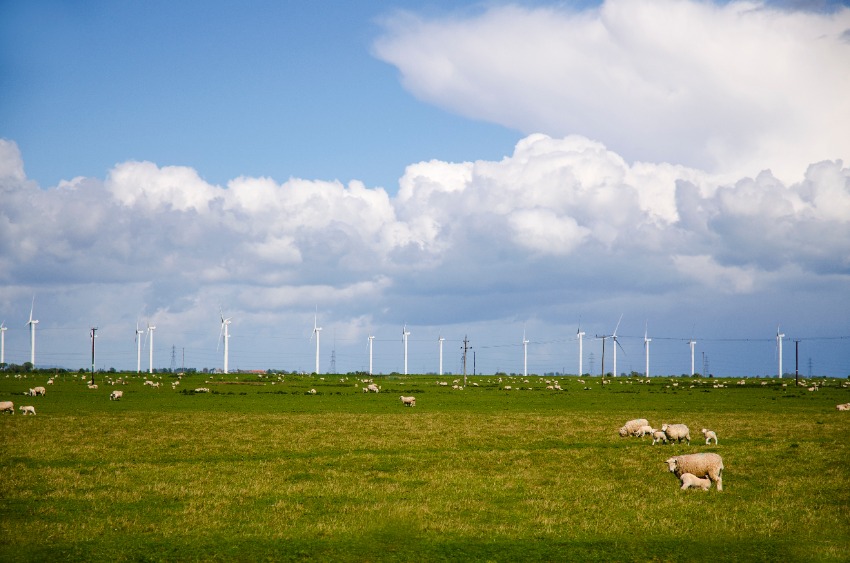
Poor grid connections and planning permission restrictions are hampering Scottish farmers’ delivery of government energy targets, NFU Scotland has said.
Both issues are ‘severely restricting’ the role that farmers have in producing renewable energy in Scotland, the union warned.
By 2030, the Scottish government aims to generate 50 percent of Scotland’s overall energy consumption from renewable sources.
By 2050, it plans to have decarbonised Scotland’s energy systems almost completely.
The government hopes to achieve this via a range of options including making it easier to invest in local and small-scale renewables.
However, NFU Scotland said that the current experience of farmers and crofters on the ground was that connectivity restrictions were ‘significantly limiting’ investment and growth of renewables.
The union said it had received several reports from farmers who were seeking to invest in or increase their use of renewable energy, but were restricted due to local connectivity issues.
At the same time, it said that planning requirements around small-scale ground-mounted solar or wind installations for self-supply were holding back those who were looking to address soaring energy costs in a positive manner.
NFU Scotland’s climate change policy manager, Kate Hopper said that connectivity issues and rules and regulations around planning were limiting farmers’ contribution to energy goals.
“Many of those looking to produce energy are being stifled,” she warned.
“NFU Scotland is seeking assurances from the Scottish government that businesses seeking to increase their production and use of renewable energy are enabled to do so.
“To move forward, government must resolve the significant issues that farmers and crofts are facing and the barriers to installation of on farm renewables.”
Issues include the costs associated with development of, and connection to, the distribution network by operators for all types and all scales of energy generation.
And calls have been made for investment in engineering and technological solutions to deliver decentralised energy, such as electrolysers, battery storage, and grid connectors.
Ms Hopper added: “At the same time, we are calling for legislative changes to enable fast-track installation of ground mounted solar and on shore small turbines where these are being installed for self-supply.”
